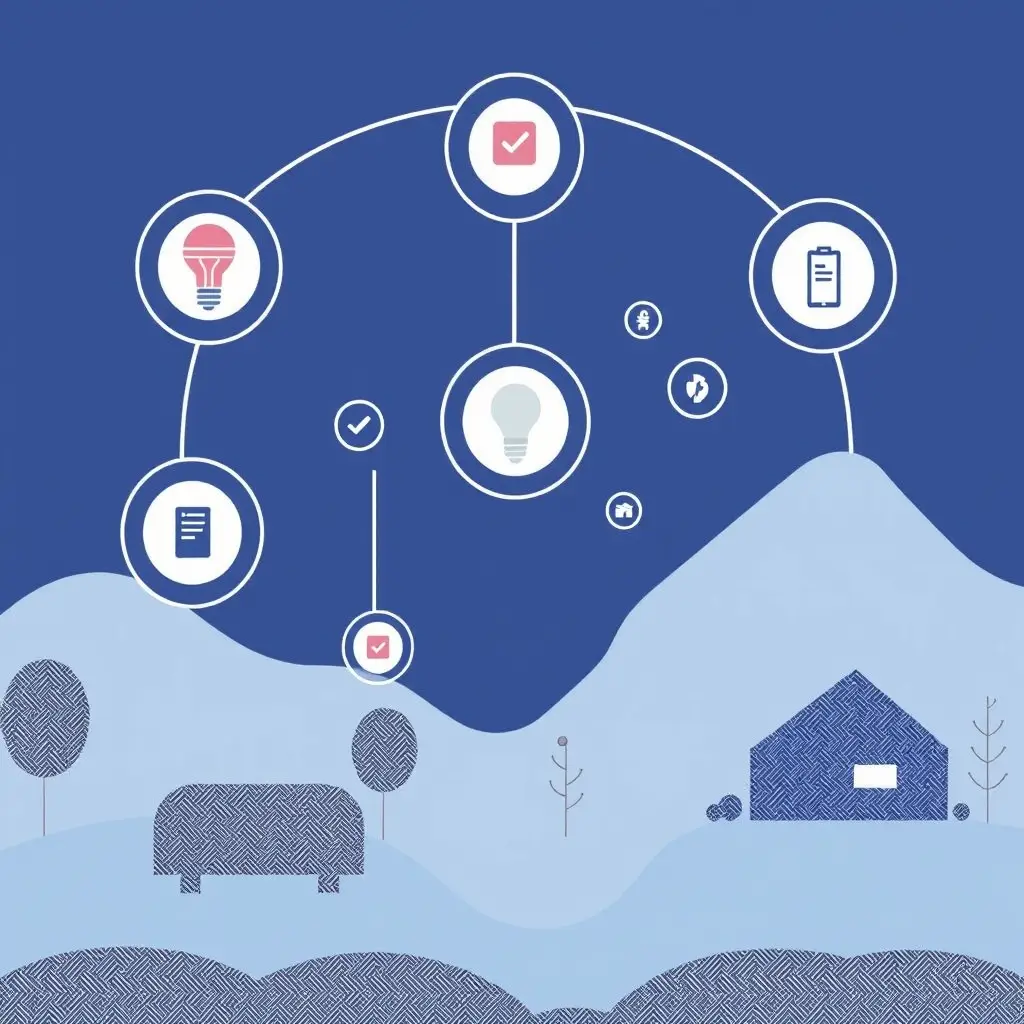As we approach 2030, the fusion of smart home technology with personal budgeting tools is set to revolutionize household management. This integration promises enhanced energy efficiency, cost savings, and improved financial planning, all while contributing to a more sustainable lifestyle.
The Rise of Smart Homes
The global smart home market is experiencing rapid growth. Valued at approximately $127.8 billion in 2024, it’s projected to reach $537.27 billion by 2030, expanding at a CAGR of 27.0% from 2025 to 2030 . This surge is driven by advancements in AI-powered devices, enhancing automation and user experience across products like cameras, smart lighting, streaming devices, and appliances.
In regions like Europe, the market is expected to grow at a CAGR of over 26% from 2025 to 2030, with consumers increasingly demanding convenience, security, and energy efficiency . The integration of multiple smart devices into comprehensive ecosystems allows for seamless automation of lighting, heating, security, and entertainment systems.
Budgeting in the Digital Age
Traditional budgeting methods are being replaced by digital tools offering real-time tracking, predictive analytics, and personalized financial advice. These tools empower users to make informed decisions, track expenses, and plan for future financial goals.
By 2030, the convergence of smart home technology and budgeting tools is expected to become more prevalent, offering users enhanced control over their finances and home environments. AI-driven insights can help tailor budgeting plans based on household usage patterns, leading to more efficient energy consumption and cost savings.
Integrating Smart Homes with Budgeting Tools
The integration of smart home systems with budgeting tools offers numerous benefits:
-
Energy Efficiency: Smart thermostats and lighting systems can optimize energy usage, leading to cost savings.
-
Automated Expense Tracking: Integration with financial apps can provide real-time updates on utility expenses.
-
Predictive Maintenance: Smart appliances can alert users to potential issues before they become costly repairs.
-
Customized Financial Planning: AI-driven insights can help tailor budgeting plans based on household usage patterns.
For instance, the Yubii Home App developed by Nice offers intuitive and centralized smart home management, allowing users to monitor energy consumption and configure smart devices .
Considerations and Challenges
While the integration offers many advantages, there are challenges to address:
-
Privacy and Security: Ensuring that personal and financial data is protected from breaches is paramount.
-
Interoperability: Seamless integration requires standardization across different devices and platforms.
-
Cost of Implementation: Initial setup costs may be high, though long-term savings can offset this.
Efforts like the development of the Matter protocol aim to address interoperability issues by providing a universal standard for smart home devices .
Looking Ahead
By 2030, the synergy between smart home systems and budgeting tools is expected to become more prevalent, offering users enhanced control over their finances and home environments. As technology continues to advance, staying informed and adaptable will be key to leveraging these innovations effectively.

